


Printed with the blessing of His Eminence, Metropolitan Hilarion First Hierarch of the Russian Orthodox Church Outside of Russia

The Acts of the Apostles
2017 Holy Trinity Monastery
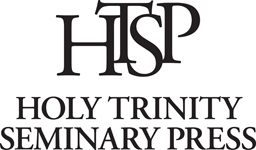
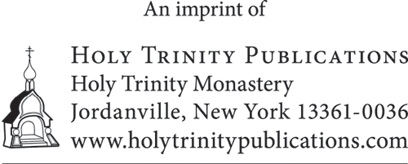
ISBN: 978-1-942699-15-6 (hardback)
ISBN: 978-1-942699-16-3 (ePub)
ISBN: 978-1-942699-17-0 (Mobipocket)
Library of Congress Control Number 2017945139
Scripture passages taken from the New King James Version.
Copyright 1982 by Thomas Nelson, Inc. Used by permission.
All rights reserved.
Printed in the United States of America

C ONTENTS
For we cannot but speak the things which we have seen and heard.
(Acts 4:20)
For I have not shunned to declare to you the whole counsel of God.
(Acts 20:27)
For I think that God has displayed us, the apostles, last, as men condemned to death.
(1 Cor 4:9)
Therefore, brethren, stand fast and hold the traditions which you were taught, whether by word or our epistle.
(2 Thess 2:15)

P REFACE
First and foremost, it should be self-evident that I have used all of the exegetical works of the Holy Fathers, especially St John Chrysostom and Blessed Theophylact of Bulgaria, as well as the interpretations of Scripture (based on patristic sources) provided in the Holy Trinity Periodical, published before the Revolution in Russia and The Patristic Exegesis of the Gospel of Matthew, which was published by the journal Eternal Things and edited by Bishop Methodius these past few years in Paris, in three volumes.
Without aiming for any particular scholarly goals, I intend to give readers and those who study the New Testament a key to understanding and interpreting the Scriptures according to the teachings of the Orthodox Church. Such a handbook, considering the general scarcity of books and publications of this nature, could at least partially replace all the previous Russian pre-Revolutionary textbooks and guides. I beg the reader to be lenient in assessing my work because I never had the opportunity to wholeheartedly give myself to it, as such a lofty subject would require, and I worked on it only sporadically. Even for such an opportunity, I thank God, hoping that my work will not be without usefulness, and I ask every reader to pray for me.
Archbishop Averky
Editors Note: This text emerged from lecture notes. The translator and editors did not always have access to the same editions of the Russian language books used by the author. Furthermore, not all of these works exist in English translation, and in cases in which they do, it is not always possible to cite a corresponding reference. Additionally, the author followed a Russian cultural and intellectual practice in which it is not considered essential to give all details of the source material but simply an indication of its origins. Therefore, the sources and endnotes at the end of this English edition are listed only to facilitate the readers understanding or indicate as closely as possible a source for further reading and study.

I NTRODUCTION
This book is the second volume of the Commentary on the Holy Scriptures of the New Testament. The first volume concerned the four Gospels, and this current volume concerns the Acts of the Apostles. In the Russian, this section together with the Epistles of the New Testament is called by the traditional name of Apostolos, because it contains the Acts and the writings of the apostles of Christ (including the fourteen Pauline Epistles and the seven General Epistles, as well as the Revelation of St John).
The material offered consists of a series of summary lectures for the course of the Holy Scriptures of the New Testament, which I taught at Holy Trinity Orthodox Seminary in Jordanville, New York, between 1952 and 1955.
Being a seminary lecture course, this overview relies heavily on such secondary works as the Commentary on the Apostolos by Bishop Michael (Luzin) (18301887), and the commentaries on the Pauline Epistles by St Theophan the Recluse, as well as on the collection of articles by Matvei Barsov (d. 1896) and several other pre-Revolutionary seminary textbooks, including those by Archpriest Michael Kheraskov (18361901), Alexander V. Ivanov (18371911), Archpriest Nicholas Alexandrov, and others.
This volume, like the first, has as its purpose the instruction of the word of God for all lovers of Scripture in the proper interpretation given it by the Holy Orthodox Church. This is especially necessary in America, where even among Orthodox Russians, the virulent preaching of Protestant sectarianism confuses many, turning them away from the right path.
I ask my readers to forgive all omissions and insufficiencies of this volume of my work, covering them with your love and prayers for my soul.
Archbishop Averky
+ March 31, 1976 (by the Old Calendar)

C HAPTER 1
The Meaning of the Term Apostolos
The second part of the New Testament consists of holy books that usually are united, at least in their liturgical usage, under the general term Apostolos ( in Russian or in Greek). The word Apostolos means messenger. This name was given to the disciples of the Lord Jesus Christ, sent by Him to preach the Gospel to all mankind. Just as the word Gospels now indicates the written word (originally the oral preaching) concerning the life and teaching of the Lord Jesus Christ, the word Apostolos refers to the extant writings of Christs apostles, including their deeds, lives, and teachings. This division of the New Testament into two partsthe Gospel and the Apostolosis of ancient provenance. We find this division and the name Apostolos in the writings of St Irenaeus of Lyons, Clement of Alexandria, and Tertullian.
T HE C ONTENT OF THE A POSTOLOS
Even though in the first centuries of Christianity many books appeared bearing the title Acts, Epistles, and Revelation, the only authentic and canonically recognized books are the following (twenty-three in number):
1. The Acts of the Apostles
2. St Pauls Epistle to the Romans
3. St Pauls First Epistle to the Corinthians
4. St Pauls Second Epistle to the Corinthians
5. St Pauls Epistle to the Galatians
6. St Pauls Epistle to the Ephesians
7. St Pauls Epistle to the Philippians
8. St Pauls Epistle to the Colossians
9. St Pauls First Epistle to the Thessalonians
10. St Pauls Second Epistle to the Thessalonians
Next page
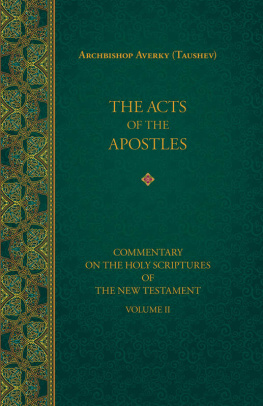
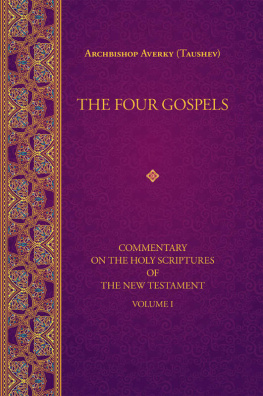
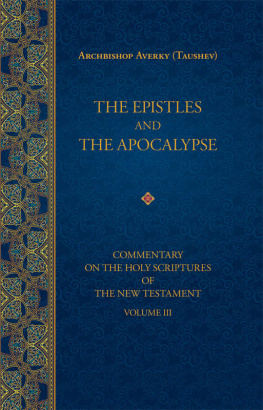
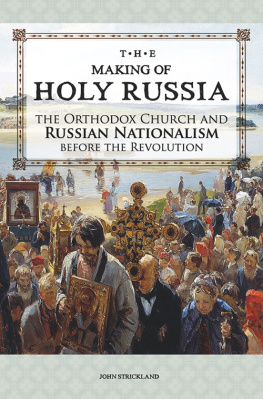
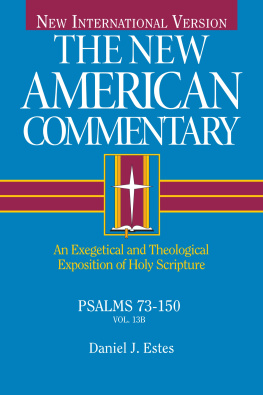
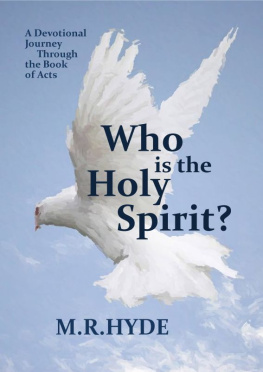

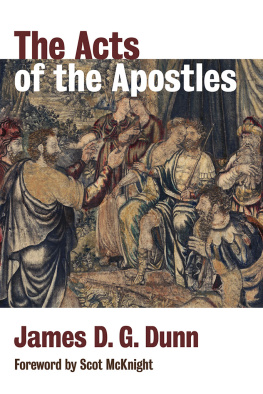
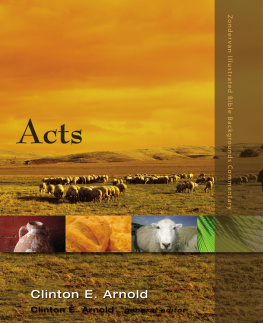
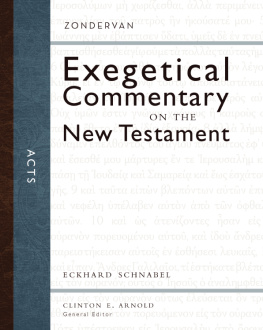
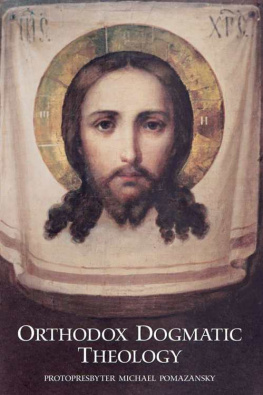





 C ONTENTS
C ONTENTS